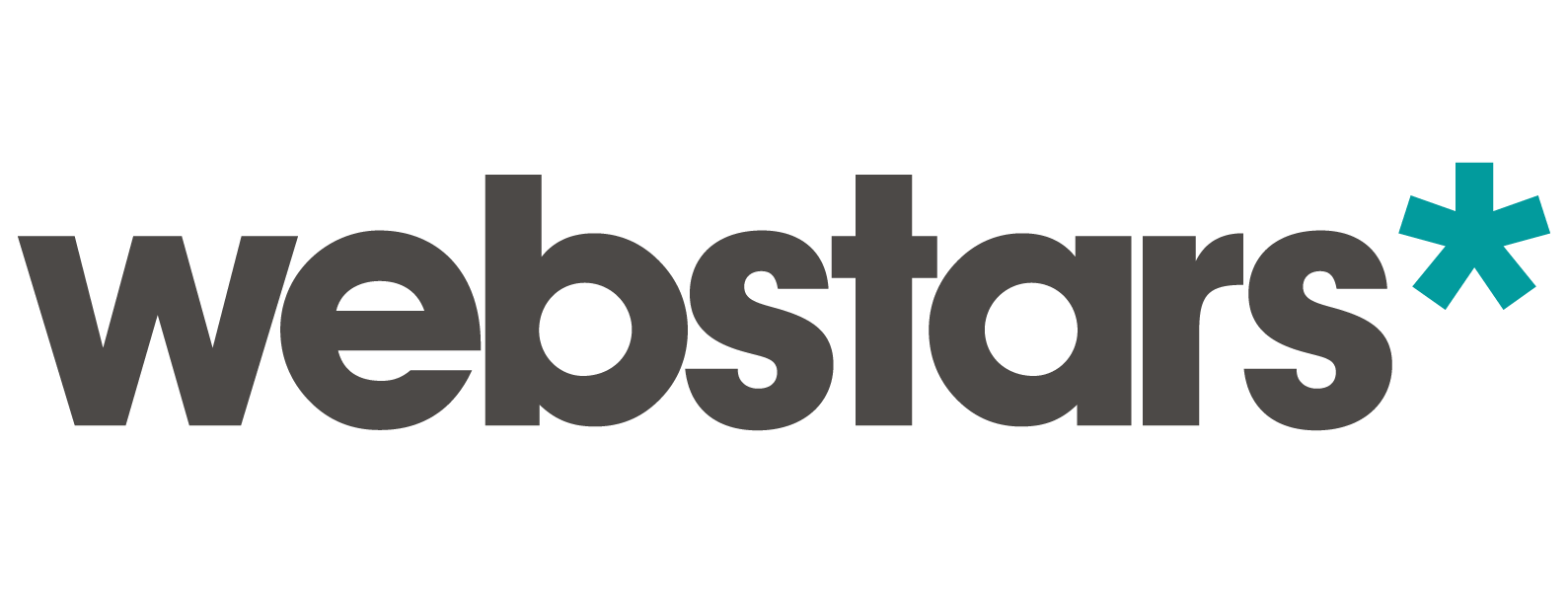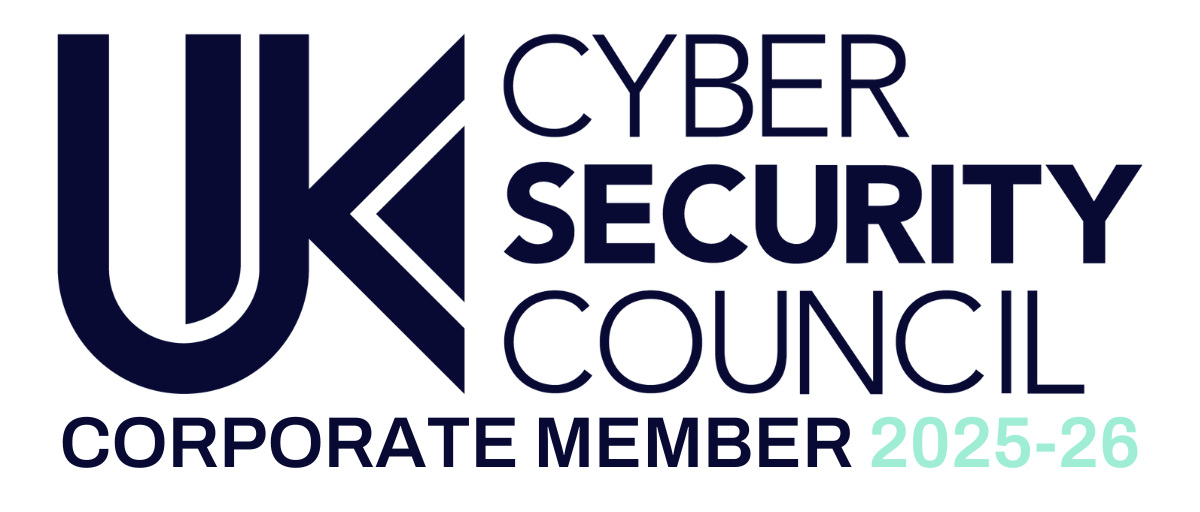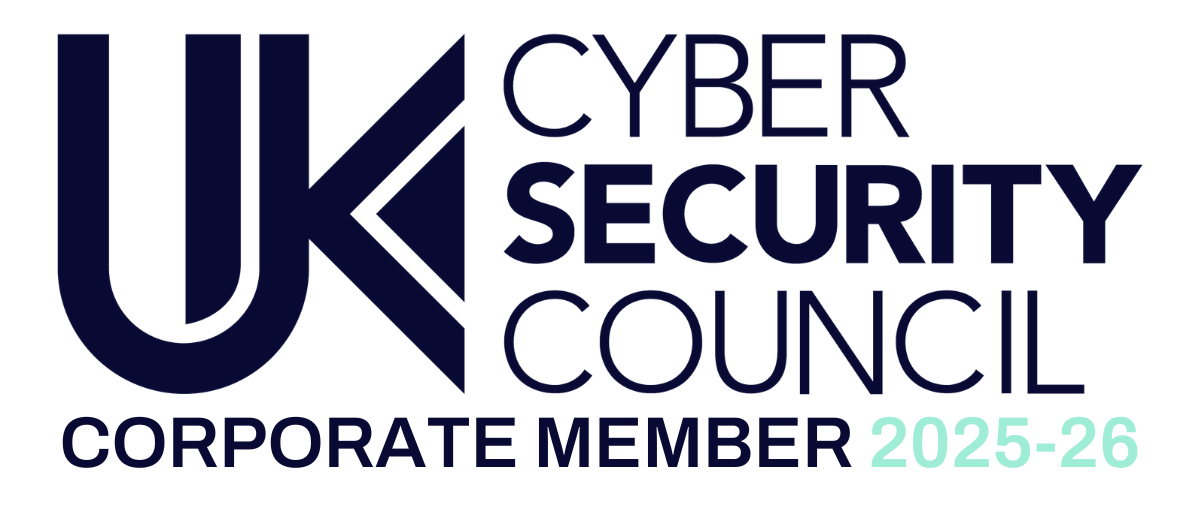PPC vs. SEO
Where is your budget better spent?

*This article was originally written by Beatrice Aragone on the 18th of September, 2023 and was updated on 26th of February, 2025 by Ashley Kibler.
Which is better - PPC or SEO?
If you’re a marketer, you’ve probably encountered this question more than once in your career. And if your marketing budget is currently under a microscope, where every penny counts, this can become less of a hypothetical debate and more of a very real question of ‘what should we spend our already limited resources on?’
Fans of pay-per-click (PPC) advertising may insist it’s the best way to get fast, measurable results; on the other hand, search engine optimisation (SEO) evangelists could argue that the low costs and long-term returns of SEO make it the better option. But in our many years of working with clients with varying industries, business objectives, and budgets, we’ve seen that SEO and PPC can both be very effective channels depending on a company’s resources, needs, and goals.
When should you use PPC?
Pay per click advertising can sometimes get a bad reputation, particularly due to its high costs. However, there are many reasons why marketers may choose to invest their time and money into PPC campaigns.
You need short-term wins
One of the biggest differences between organic and paid search marketing is the timeframe needed to see tangible results. If you need to make a difference in the short term - for example, you’re running a campaign on a limited-time offer - you will be far better off spending your budget on a PPC campaign than trying to organically climb the ranks of Google’s search engine results pages (SERP). And if something in your campaign is really not working, whether it’s your ad copy or your landing page or your targeting, you’ll be able to quickly fix any issues.
This is doubly important if you’re trying to rank for a particularly competitive keyword; while it’s certainly possible to do so with some time and effort, PPC makes this dramatically easier, reducing your competition to just other paying advertisers.
Measurable results
Phillip Kotler famously said “you can’t improve what you can’t measure”... and unfortunately, SEO doesn’t offer very much in the way of measurement. On the other hand, PPC platforms make data and analytics available to users, not only allowing them to optimise their campaigns as mentioned above, but also report back on their results. Whether it’s benchmarking your click-through rate or assessing which keywords had the highest conversion rates, PPC can give marketers a much clearer picture of what’s working and what isn’t.
Targeting
When it comes to targeting, PPC is by far the better option. Your PPC targeting strategy should be aligned with your campaign objectives and the next steps you want your audience to take; for example, using intent-based keywords to target users closer to making a purchase decision, or using informational key phrases for awareness-stage campaigns. Paid search platforms also offer very granular location targeting options, as well as some broad demographic targeting options, which can further narrow down your campaign’s audience.
Once again, the data available through PPC platform analytics will give you detailed insights into your targeting that you can turn into valuable learnings, which is something that unfortunately SEO just can’t offer.
You have budget to spare
Not to say that you can’t run a successful PPC campaign on a shoestring budget… but it is significantly more difficult, especially as the PPC landscape will only continue to get more competitive, with paid digital spend consistently increasing year on year. If you do have a healthy budget to spend on paid advertising, we certainly recommend adding PPC to your marketing repertoire, especially because it opens up so many more opportunities to reach your audiences. But if you’re working with a much smaller budget, it may be better spent on other channels.
When should you use SEO?
Search engine optimisation can be a bit of a ‘white whale’ for marketers. Between Google’s frequent (and often unannounced) algorithm changes and the difficulties in measuring the impact of SEO activities, it can feel like a frustrating, thankless activity. However, there are many benefits to using SEO - and for some marketing teams, SEO may be better suited to their needs and objectives than paid advertising.
Make the most of your budget
For marketers with shrinking budgets, and/or increasing scrutiny on where those budgets are spent, SEO is a great method to raise awareness and drive engagement and conversions on key site pages. Unlike PPC, which is often predicated on which advertiser has the biggest budget to spend, SEO relies entirely on the quality of the structure and content of your website (think E-E-A-T); taking the time and effort to improve your site is not only much cheaper than paid adverts, but will also save you money in the long run.
Achieve long-term success
PPC can often feel more gratifying to marketers because of its rapid results, but SEO’s strength lies in the long-term growth it can create for your website. SEO success relies entirely on providing your website visitors with a good experience and valuable content, meaning that SEO activities often means improving the user experience and improving or creating valuable content. Ranking highly often creates a positive feedback loop: top-ranked pages receive more clicks and backlinks, which in turn sends positive signals to Google’s algorithm. The results of SEO activities will continue to pay dividends for years to come, at no cost and comparatively little effort.
Deliver relevant content to those seeking it
If you’re expecting your ads to stand out and capture user attention high up on the search engine results page, PPC may not be a silver bullet. As adverts have become more and more ubiquitous, some consumers tend to bypass them: 35% of people say they scroll past ads on the SERP to directly consult organic results. And audiences today are willing to scroll further through organic search results to find what they want: 54% of users say they look through more search results compared to five years ago. Even if your content isn’t ranking on the first page of search results, you have a better chance today of connecting with audiences searching for long-tail key phrases.
Can I use both?
While we’ve been weighing the pros and cons of each channel, the truth is that not only can you use both PPC and SEO… but more often than not, you should be using both. Even the best pay per click campaign will fall flat without an optimised website to lead users to; on the other hand, the slow-burn nature of SEO means that it’s very ill-suited for time-bound campaigns.
One of the best ways to use SEO and PPC in combination is to invest in SEO with your long-term success in mind, and use PPC for short-term campaigns. This will ensure that you’re continuously improving and growing your brand’s organic presence, while also ensuring you have more immediate tangible results for those key campaigns.
PPC campaigns can also provide valuable data to inform your SEO strategy. For example, running a Google Ads campaign for a specific offering landing page can tell you which search terms are more likely to result in clicks and conversions, letting you know which keywords to optimise for in future.
When resources are tight, it can be tempting to just fall back on what’s familiar, whether that’s relying on PPC or SEO. However, it’s important to consider where your time and money is best invested to help you achieve your objectives, both in the short and long term. And while a perfect 50/50 balance of PPC and SEO is certainly not achievable for everyone - and may not even be right for your specific situation - it’s important not to neglect either aspect of your marketing strategy.
If you’d like help with your SEO and/or PPC strategy - or if you just want to debate the merits of either channel - feel free to get in touch with us.
Account Based Marketing
Download our Complete Guide







